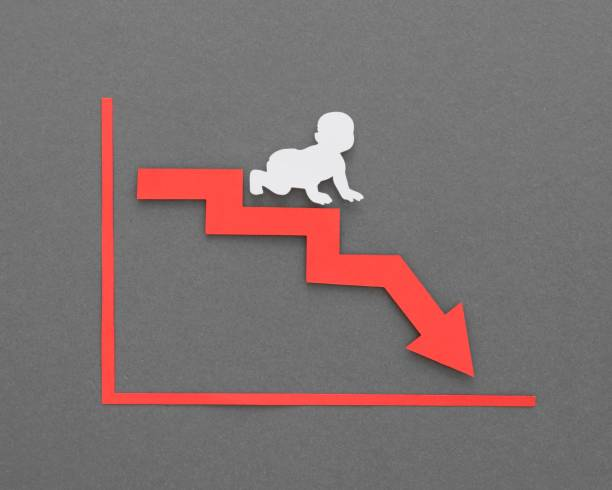In the View from the Ark of the Catholic Times, a Sister of the St. Paul of Chartres Community on this New Year's Day gives the readers some thoughts on the Jubilee of 2025 and the beginning of the New Year 2025.
“Hope does not shame us.” (Romans 5:5). The Jubilee of 2025 has dawned. The New Year, which has come as a Jubilee, has entered our lives, and we look toward a new time. God, who guides us to light amidst economic problems, unstable politics, and fear of war in people's lives, plants the seed of hope in the center of our hearts as we welcome the new time He has given us.
The wars and civil wars, big and small, that seem like they will never end have made us reflect on the greed and heartlessness within us. The starting point of the war, fueled by the ideological and systemic competition between the pro-Western camp centered on the United States and the G7 countries and the anti-Western camp centered in China and Russia, as well as the corruption revealed in our country’s political world. In that place, we encounter small points of greed seething.
In countries immersed in hegemonism that seek peace through military victory, peace was pushed to the edge of a cliff here in Korea, where the people were confused by the martial law declaration, which can be called a self-inflicted wound. But look. The young people stood up. The cheering lights of the people calling for impeachment never went out and connected us buried in darkness.
As the current affairs and declarations continued, fear was conveyed to us again as hope. The irony is that the festival where Han Kang, the author of “The Boy Comes” (also known as Human Acts), a novel about a violent student uprising in South Korea in 1980, received the Nobel Prize in Literature overlaps with the dark moment we face.
To maintain power, conspiracies are still being hatched. We must persistently ask: Who are we? Until we see the fundamental problem that caused the distortion of international relations or politics and resolve it, more socially vulnerable people will be driven to violent deaths.
The hope of the Jubilee that has come in the midst of this darkness invites us to God’s peace and order. Hope comforts us when we are discouraged because we see little encouraging us to take new steps with courage. Excitement pierces through the darkness. Faith is what hope is in a place where there is no hope. What a great legacy this is.
Faith is a journey. A journey encourages us to have hope and head toward the destination. The destination is the love of God, our starting point. In fact, how distant and abstract this story seems to us who live in this cruel world and are busy dealing with the things right in front of us at every moment. But there is no truth more self-evident than this.
At least once a day, we must ask ourselves where we are headed and what is urging us to hurry our steps. Otherwise, we will unknowingly give way to hegemony, trusting only in power, the hotbed of desire.
In this chaotic era, Pope Francis, who constantly touches our roots and sounds the alarm, has issued his fourth encyclical, "Christ Loved Us." This encyclical encourages us to meet God in the Sacred Heart of Jesus, the inner driving force of believers, and to turn towards our neighbors who are driven to vulnerability.
Love is in motion. Only when we reach the extreme point of silent agony in living out love can we receive the inspiration of the Holy Spirit and resolutely hold a candle towards the deeply cracked shadows. Only after a long silence can we hear the words of Jesus, "Take courage; I have conquered the world" (John 16:33), in places rampant with greed and envy. In that solemn place, we will finally embrace the hope that the Jubilee brings.






